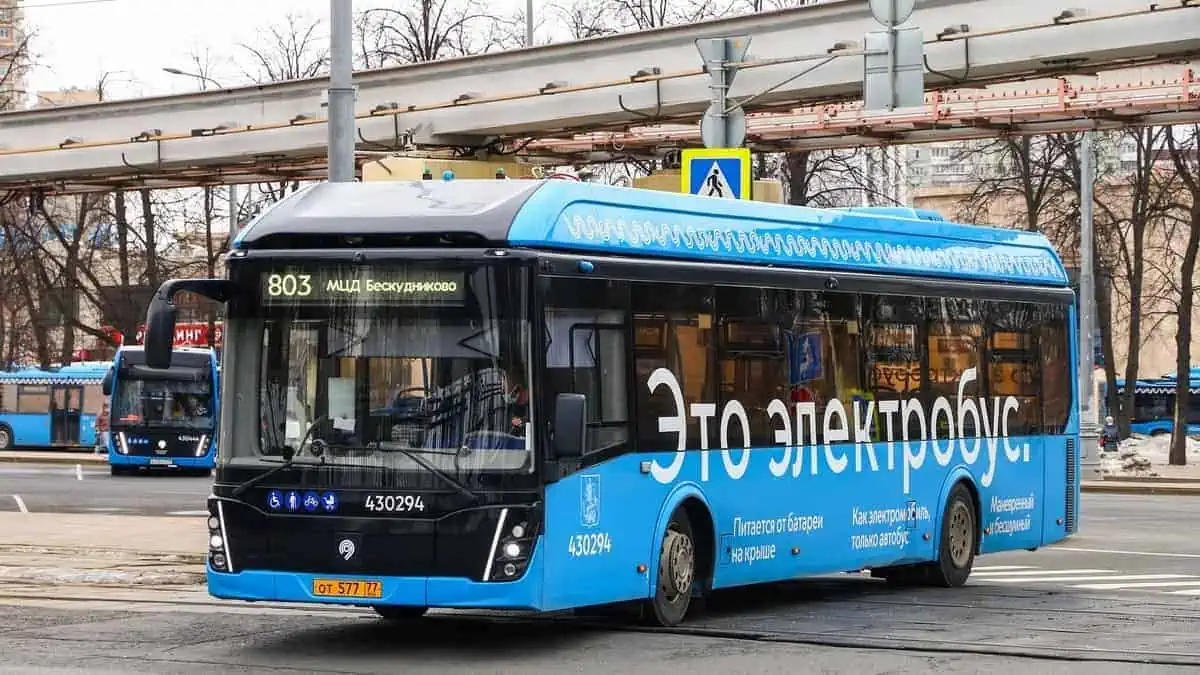India is currently having a hard time deciding on its previously announced plans to develop a new electric vehicle policy for lower import taxes as local players discourage them from doing so in fear of Tesla’s possible market entry and dominance, Reuters reports, citing a top government’s remarks.
Rajesh Kumar Singh, a top bureaucrat of The Department for Promotion of Industry and Internal Trade (DPIIT), revealed at the recent World Economic Forum meeting in Davos that Tesla aims to sell $24,000 to $36,000 EVs in the Indian market because they believe “that’s where the volumes” will be available.
Prevailing concerns
Indian automakers are reportedly worrying over a potential unfair treatment of the government for the American electric vehicle giant in their home market, impeding the government’s decision to propose a new EV policy.
“The issue is raising resistance from domestic industry because they are also in that (EV price) segment. It’s a very contested area and we’ve not been able to take a final call on this so far.”
Rajesh Kumar Singh, DPIIT top bureaucrat
Mr. Singh omitted to disclose the names of the local automakers that are against Tesla’s market entry in their home country. However, Tata Motors was previously reported to be one of the top automakers against lower EV import taxes.
As EV-a2z previously reported, India has been planning to launch a new policy to reduce the current 100% EV import tax to at least 15% for Tesla and other global automakers committing to invest in local manufacturing.
India’s heavy EV import taxes continuously impede Tesla from pursuing its plans to penetrate the local market.
Tesla’s conditions
It is worth noting that the Indian government started to consider lowering import taxes under a new electric vehicle policy after Tesla expressed interest in developing a new factory in the country.
At that time, the Musk-led company hinted at plans to locally produce its planned $24,000 model. Before that, Tesla demanded lower import taxes in India as it sought to test the demand first with its more expensive models.
Indian officials expressed openness to the idea as long as Tesla commits to investing in local manufacturing, which Chief Executive Elon Musk subsequently confirmed.
Negotiations progress
Tesla initially attempted to bring its electric vehicle models to the Indian market in 2021. However, it did not materialize as the government demanded that Tesla must first establish a local production in the country to secure lower import taxes.
Now, it seems that the negotiations are actively progressing as the two parties have become more open to compromise and meet halfway.
“There have been some discussions on whether you lower the tariff for a short period of time but he (Musk) also accepts fairly significant investment and domestic value addition criteria.”
Rajesh Kumar Singh, DPIIT top bureaucrat
It can potentially enable the Musk-led automaker to import a limited number of its EVs for a short period of time. However, Mr. Singh noted that the Tesla boss must deliver “cast iron commitments to invest in India, make in India.”
Hopefully, Indian automakers will become more open to healthy competition against industry leader Tesla and other global players. Such market entries can significantly boost their home country’s electric vehicle industry and accelerate the overall adoption of the new vehicle technology.
India sold a whopping 4 million vehicles in 2023, with EVs accounting for only 82,000 units. Nonetheless, it recorded a notable sales growth of 115% year-on-year, demonstrating the country’s continuous shift to sustainable mobility.






